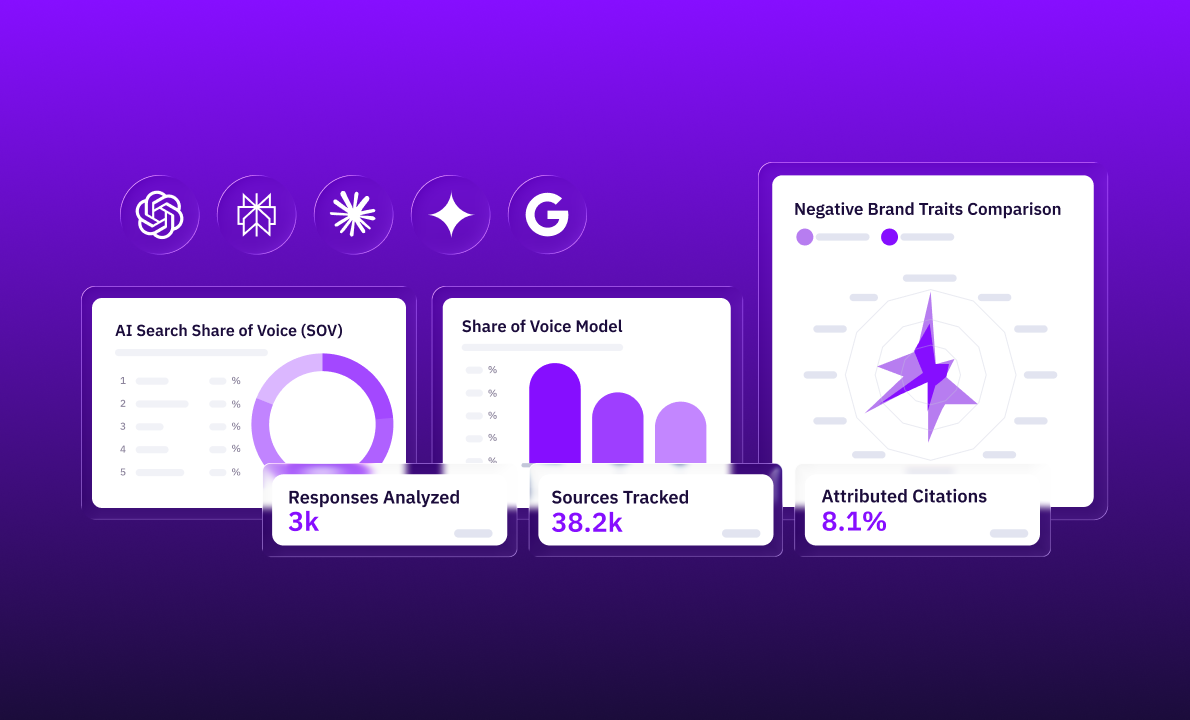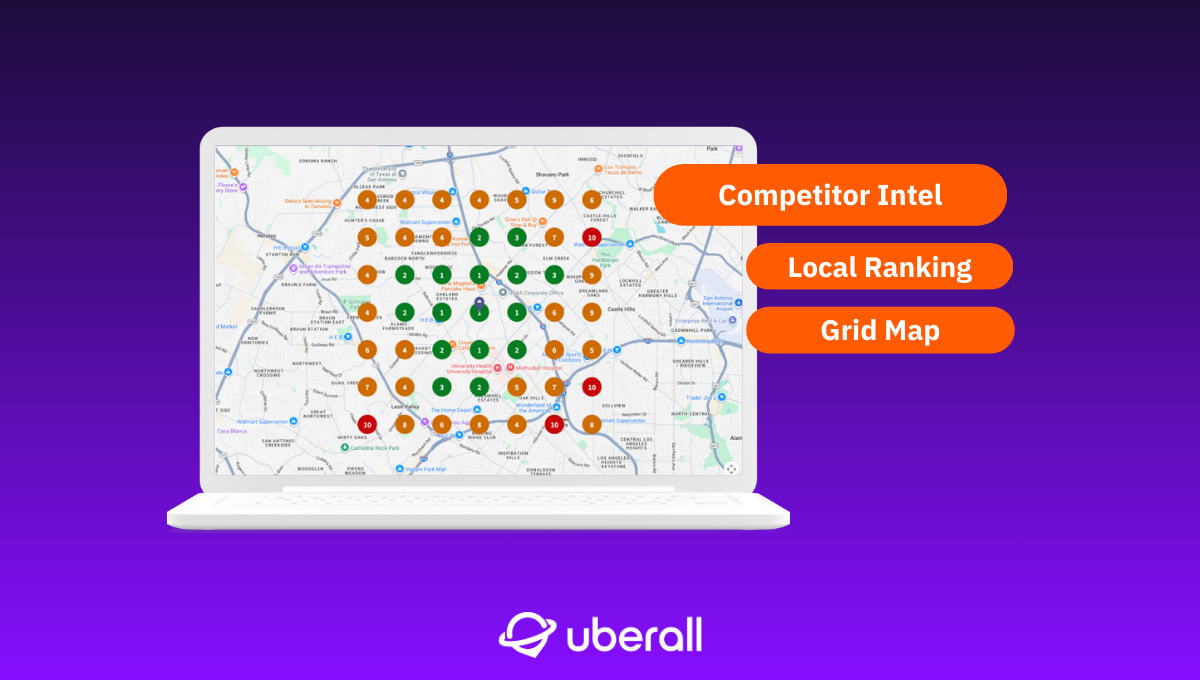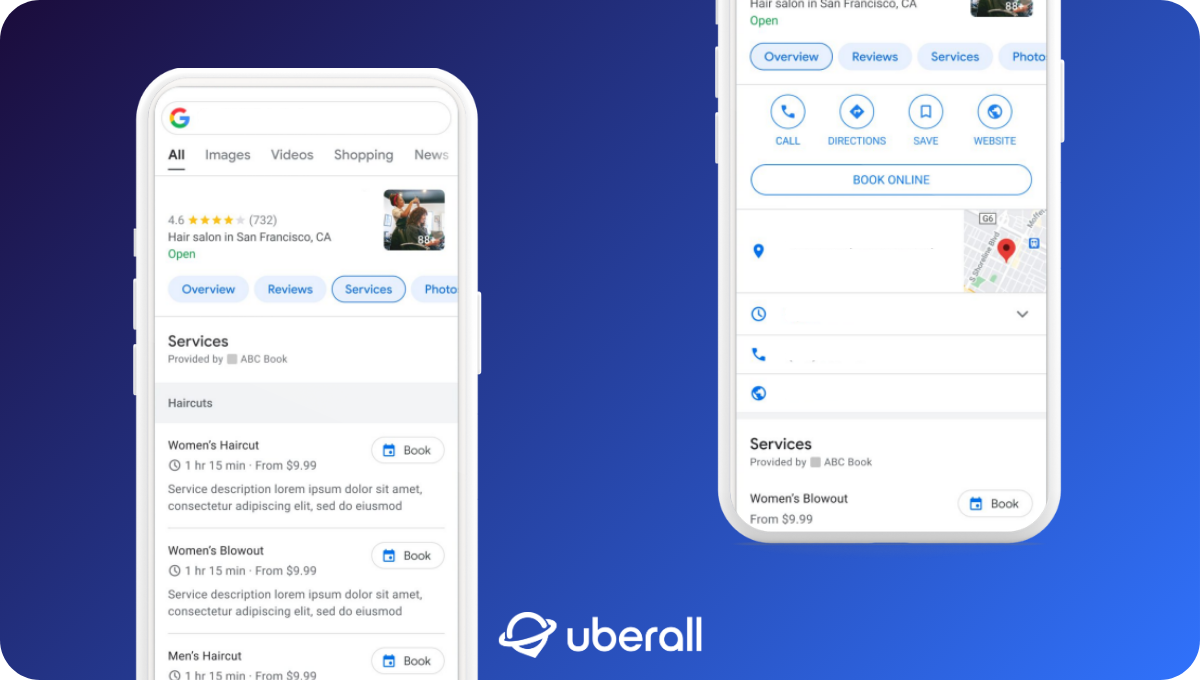
Business Directories in the USA
The most potent method to bolster visibility are business listings. Let us show you how to dominate your market by leveraging top US business directories.
Regardless of scale: a robust online presence stands as a cornerstone for businesses, and the most potent method to bolster visibility are business directory listings. However, there is an overwhelming abundance of business directories to choose from, making the selection process quite challenging, especially for multi-location businesses.
In this blog article, we disclose the most important business directories in the US, and how to choose the right ones—and how to list your business, optimize listings for better search rankings, and gauge effectiveness.
Understanding Business Directories
Business directories serve as essential hubs in the digital landscape, offering businesses a platform to showcase their offerings and connect with potential customers in specific industries and locations.
What is a Business Directory?
Think of business directories as a virtual phone book, providing users with the most relevant information such as contact details, business description, operating hours, and customer reviews. In addition, some directories include photos, videos, and virtual tours to give users a comprehensive view of the business.
In fact, business directories serve as a valuable resource for consumers looking for specific products or services— some of them even meticulously categorized by industry and locality. Consequently, they offer the most convenient way to compare businesses, read reviews, and make informed decisions.
How Important Are Business Directories in the USA?
Business directories play a vital role in the success of local businesses in the USA. To begin with, they provide businesses with increased visibility, lead generation opportunities, and improved search engine rankings. And for multi-location businesses, directories offer a centralized platform to manage and showcase all their branches.
By being listed in reputable directories, businesses can enhance their online reputation and attract more customers. Moreover, business directories help in creating a sense of community by connecting businesses with their target audience. Lastly, they foster trust and credibility by allowing customers to leave feedback and ratings, which can influence the decision-making process of potential clients.
Types of Business Directories
There are several types of business directories available in the USA.
- General directories, such as Yelp and YellowPages, cater to businesses from various industries.
- Niche directories, like Zocdoc or Avvo, focus on specific industries, such as healthcare or legal advice.
And then, there’s— somewhat in-between—emerging directories that gain popularity through innovative features and targeted audiences.
While all directories provide the most relevant location information such as NAP data, certain directories offer additional features such as appointment scheduling, online ordering, and customer loyalty programs to further enhance the user experience. These advanced functionalities not only benefit businesses by streamlining operations but also provide convenience to customers in their interactions with the business.
In the vast digital landscape of the United States, navigating the realm of business directories can be akin to finding a needle in a haystack. With countless platforms vying for attention, discerning the cream of the crop becomes imperative for businesses seeking to bolster their online presence.
Uncover the Top Tier Directories Across The Nation
Some of the top business directories in the USA include Yelp, Google Business Profiles, YellowPages, and Bing Places. These directories offer a wide range of features, high website traffic, and strong reputations.
- Google Business Profile, a free tool from the largest search engine, allows businesses to manage their online presence across Google, including Search and Maps.
- Yelp, known for its user-generated reviews and star ratings, has become a go-to platform for consumers seeking recommendations on anything from restaurants to home services.
- YellowPages, a longstanding directory, continues to be a valuable resource for businesses looking to increase their visibility.
- Bing Places, powered by Microsoft, offers businesses the opportunity to reach millions of users through Bing search results.
Niche-Specific Directories
In addition to general directories, niche-specific directories cater to specific industries or target audiences. These directories offer businesses the opportunity to connect with their ideal customers more effectively.
For example, Angi focuses on home services, making it a valuable platform for contractors and service providers in that industry. Houzz, known for its focus on home design and renovation, attracts users looking for inspiration and professionals in the design and construction fields. Alignable is a networking platform specifically designed for small businesses to connect with each other and form partnerships. And then there's quite a few EV-related directories that charge point operatpr (CPOs) should be listed on.
Emerging Directories to Watch
Amidst general and niche directories, new players emerge in the realm of business directories, offering fresh opportunities for businesses to amplify their online presence. We recommend to keep an eye on the following ones:
- Nextdoor is a hyperlocal social networking service targeting specific neighborhoods or communities.
- Thumbtack connects customers with local professionals in various service-based industries.
- Clutch is a B2B ratings and reviews platform as a trusted resource for businesses seeking reputable service providers.
As a digital marketing manager, leveraging the power of business directories can greatly enhance your online marketing efforts. Start harnessing the power of business listings today, and stay ahead of the competition by utilizing the top tier directories.
Choosing the Right Business Directory
When it comes to choosing the right business directory for your company, several key factors demand your attention. Beyond surface-level considerations like domain authority, website traffic, user demographics and industry relevance, it's essential to delve into each directory's nuances to ensure it aligns with your business objectives.
User Engagement Metrics
One critical aspect to evaluate is user engagement metrics, including session duration, bounce rate, and click-through rates. These metrics provide valuable insights into how users interact with the directory and can serve as indicators of its effectiveness in attracting and retaining audience attention.
SEO Practices
Analyzing the directory's SEO practices and keyword strategies can provide insights into its ability to boost organic traffic to your business. By assessing factors such as the directory's optimization for relevant search terms, its utilization of meta tags, and its approach to structured data markup, businesses can gauge the directory's effectiveness in improving their visibility in search engine results pages (SERPs). Additionally, understanding how the directory leverages internal linking, schema markup, and other SEO techniques can provide a clearer understanding of its potential to attract qualified leads and customers.
Free vs Paid Directories
When evaluating the best business directories, cost is a crucial factor to consider. While some directories offer free listings, others may require payment for enhanced features or premium placements. It's important to weigh the cost against the potential benefits, such as increased visibility, leads, and conversions.
Both free and paid directories have their advantages and disadvantages. Free directories are suitable for small businesses on a tight budget, while paid directories often offer additional features and a higher level of exposure.
Generally, businesses should consider their budgetary constraints and determine whether the directory's pricing aligns with their marketing goals and return on investment expectations. Opting for directories that offer a balance between affordability and value-added features can help businesses maximize their directory listing investments while staying within budget.
Additional Features
In evaluating the best business directories, it's essential to consider additional features beyond basic listings and NAP data.
Social media integration allows for broader reach and engagement, while mobile compatibility ensures accessibility for on-the-go users. Review functionality is another vital aspect to consider, fostering trust and credibility among potential customers. Advertising options, lastly, provide businesses with opportunities to boost visibility and attract customers effectively.
By considering these additional factors, you can make a more informed decision that aligns with your business's unique requirements and maximizes your online visibility and reach.
How to List Your Business in Directories
Once you've selected the most suitable directories for your business, it's crucial to ensure that your business information is accurately and consistently represented across each platform. From claiming your listings to optimizing your business profile, we'll walk you through the necessary steps to maximize your visibility and reach your target audience effectively.
Prepare Your Business Information
Prior to listing your business, gather all the necessary information including:
- business name, address, phone number
- business description and website URL
- high-quality visuals
Make sure that your business name, address, and phone number (NAP) are uniform to avoid confusion among potential customers. And remember: a compelling business description goes a long way, highlighting your unique selling points to help you stand out from the competition.
Create Your Business Listing
First of all: each directory has its own listing process. But generally, you will need to create an account, submit your business information, and verify your listing—and then optimize your listing by selecting relevant categories, using keywords, and ensuring accurate information.
- For Google, visit Google Business Profile.
- For Yelp, visit Yelp for Business.
When going through the listing process, pay attention to the specific guidelines like Google’s. For example, some platforms may have character limits for descriptions or specific image size requirements. By adhering to these guidelines, you can increase the chances of your listing being approved promptly.
Maintain Your Listings
While creating a listing is the initial step, it's the ongoing maintenance and optimization that are paramount for sustained visibility and effectiveness.
Regularly review and update your directory listing to reflect any changes to your business, such as new contact information, operating hours, or services offered. This ensures that potential customers have accurate and up-to-date information.
Aside from updating basic information, take advantage of any additional features offered by the directories, such as posting promotions or responding to customer reviews. Engaging with your audience through these platforms can not only boost your online visibility but also help build trust with potential customers. Remember, maintaining an active presence on directories can contribute to a positive reputation for your business in the digital landscape.
Optimizing Your Directory Listings for SEO
Optimizing your directory listings for search engines can significantly improve your online visibility. Implementing SEO strategies, such as keywords, meta descriptions, and backlinks, can help your business rank higher in search engine results. Moreover, by optimizing your directory listings for SEO, you enhance your overall brand credibility.
Best Practices for SEO Listings Management
When optimizing your directory listings, focus on providing valuable and descriptive content:
- Use keywords naturally and strategically, and ensure that your business information is consistent across all directories.
- Incorporate multimedia elements such as images and videos to enhance the user experience and engagement on your directory listings
- Optimize your directory listing for mobile devices, meaning fast loading times and designs that fit to smaller screens.
Measuring the Success of Your Directory Listings
Understanding the effectiveness of your directory listings is essential for optimizing your online presence—so let’s explore how to measure success and make data-driven decisions.
Key Performance Indicators (KPIs) for Directory Listings
Key performance indicators such as website traffic, lead conversion rate, customer reviews, and search engine rankings can provide valuable insights.
- Website traffic is a vital KPI as it indicates how many users are visiting your site through the directory listings. A high volume of traffic suggests that your listings are effective in driving interest and engagement.
- Lead conversion rate measures the percentage of visitors who take a desired action, such as making a purchase or signing up for a service. Monitoring this metric helps you assess the quality of traffic generated by your listings and their ability to convert leads into customers.
- Customer reviews offer direct feedback on your products or services, helping you understand customer satisfaction levels and areas for improvement.
- Search engine rankings indicate your visibility and authority in your industry, being decisive for organic traffic and customer acquisition opportunities.
When analyzing this data, you can identify strengths, weaknesses, and areas for improvement. And by continuously optimizing your directory listings, you can maximize their impact on your business and drive sustainable growth.
Tools for Tracking Directory Performance
There are numerous tools available to track the performance of your directory listings. Combining various tools into a unified platform, though, obviously yields the most comprehensive insights—particularly when integrating analytics with listing management functionalities like the Uberall platform does.
Google Analytics, for example, can provide data on website traffic, including the sources of traffic, user behavior, and conversion rates. This information is essential for understanding the effectiveness of your listings and making informed decisions to optimize performance.
Reputation management tools, on the other hand, play a crucial role in monitoring sentiments associated with your directory listings. By tracking and analyzing feedback from customers, you can identify areas of improvement, address negative reviews promptly, and enhance your online reputation.
Ready to Transform Your Business?
Connect with our partnership team to learn how Uberall can help you achieve similar results. Get a personalized consultation and discover the opportunities waiting for your business.
Resources











